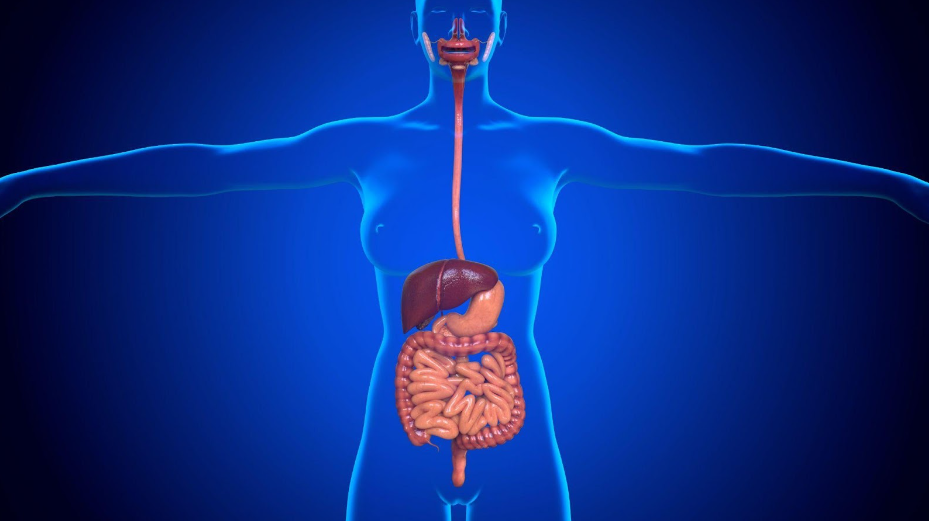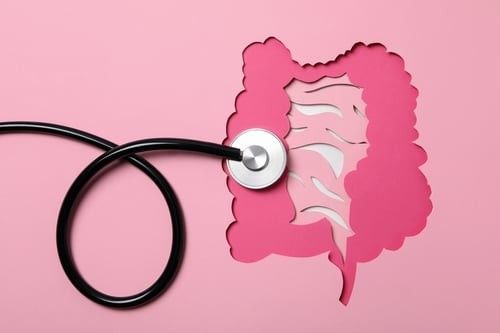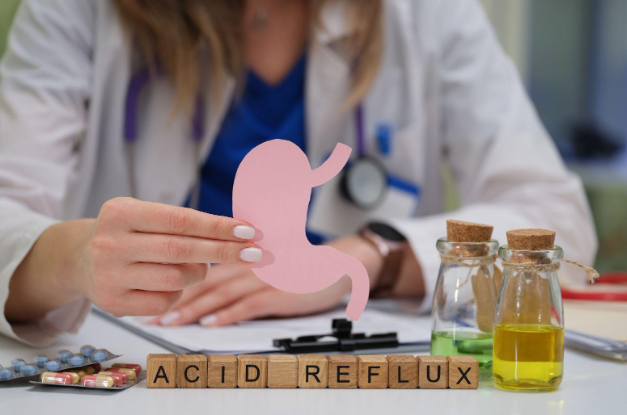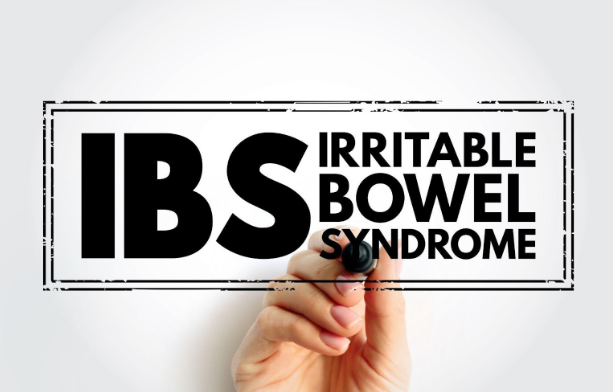Everything You Need to Know About Esophageal Dilation

Esophageal stricture (narrowing of the esophagus) is an essential cause of dysphagia in adults. In fact, it can also result in considerable morbidity and mortality. If you or a loved one is suffering from it, here's a handy guide to everything you need to know about esophageal dilation.
Esophageal Dilation- A Brief
Esophageal dilation is a procedure that enables your doctor to dilate/stretch a narrowed part of your esophagus, also known as the swallowing tube. The esophagus is a hollow tube that extends from your throat to the stomach.
Note that esophageal strictures can result from two types of processes:
- Benign: These are most commonly related to gastroesophageal reflux disease followed by other etiologies such as eosinophilic esophagitis, radiation-induced, postsurgical, or caustic ingestion.
- Malignant: This is usually the result of intrinsic processes such as esophageal carcinoma.
Your doctor may perform this procedure either as a part of a sedated endoscopy or they use a local anesthetic spray. This spray is generally applied to the back of your throat. A weighted dilator is passed through your mouth, which enters your esophagus.
Causes of Esophageal Dilation
There may be numerous reasons why esophageal dilation may occur, such as:
- Scarring of the esophagus due to reflux of the stomach acid that happens in patients with heartburn
- Formation of webs or rings (which are nothing but thin layers of excess tissue)
- Cancer in the esophagus
- Scarring post-radiation treatment
- Mobility disorder in the way the esophagus moves
What Is Esophageal Dilation Used For?
Esophageal dilation helps treat several issues, such as:
- Peptic stricture: Peptic stricture is generally caused by reflux esophagitis. In this, the esophagus gets irritated due to acid reflux (heartburn). In this scenario, the acid from your stomach generally flows back up into the esophagus. As a result, the stomach acid ends up damaging the lining of the esophagus and leading to scar tissue buildup. The end result is the esophagus becoming narrower.
- Schatzki’s ring: As mentioned earlier, esophageal dilation can also occur due to the formation of an abnormal ring of tissue at the point where the esophagus meets the stomach. It can lead to more complications, such as troubled swallowing, food getting stuck in the esophagus, and more. The exact cause of this condition is not known.
- Achalasia: This is a condition where food and liquids are prevented from entering the stomach from the esophagus. This problem affects the lower esophageal sphincter (LES), which is nothing but a muscular ring that opens when you swallow. If you have achalasia, the LES does not relax.
- Eosinophilic esophagitis: This condition comprises redness, swelling, and inflammation in the esophagus. It is typically caused due to environmental triggers such as a food allergy and can cause issues such as trouble swallowing, pain, and strictures.
Other less-common causes of a stricture include radiation treatment and cancer.
Common Symptoms of Esophageal Dilation
Here are some of the common symptoms of a narrowed esophagus:
- Having trouble swallowing
- A sensation of food being “stuck” in the chest region
- Pain and discomfort in and around the throat
Most people undergo the procedure to relieve dysphagia and prevent the recurrence of strictures.
How to Prepare for the Procedure?
Here are some tips to remember when making preparations for the procedure:
- Go on an empty stomach to ensure that the examination happens safely and the doctor has a clear view.
- Do not drink water or any other liquid for at least six hours prior to the examination. Make sure to consult your doctor about the best time to start the fast.
- Go through your prescriptions and ongoing medication. Make sure to inform your doctor about the same, particularly when it comes to aspirin products or blood thinners (think: warfarin or heparin).
- Make notes of any adjustments you may need in terms of the medication.
- Get specific guidance from your doctor and don't be afraid to ask questions. The entire procedure should take about 15 minutes.
- You must also inform your doctor about any allergies you may have with respect to certain medications. While the doctor will take a complete medical history and a proper brief, it is essential to inform your doctor about any existing medical conditions you may have.
- You must also let the doctor know about any antibiotics you may need prior to dental procedures, as you may need antibiotics prior to esophageal dilation as well.
What to Expect During and After Esophageal Dilation?
Things to Note During the Procedure
Your doctor may:
- Perform esophageal dilation along with an upper endoscopy while keeping you sedated
- Spray your throat with a local anesthetic spray and give you a sedative to help you relax
The steps during an esophageal dilation:
Method 1:
Step 1: The doctor will start the procedure by passing an endoscope through your mouth and into the esophagus.
Note: The endoscope will not cause issues with your breathing.
Step 2: The doctor will then either use a dilating balloon or guided wire plastic dilators to stretch your esophagus. They may also use bougies or cone-shaped tubes to enter the esophagus.
Note: You may feel mild pressure in your chest or in the back of your throat during the procedure.
Method 2:
Step 1: Your doctor may start the procedure by spraying a local anesthetic in your throat.
Step 2: They will then pass a tapered dilating instrument through your mouth and into your esophagus.
Note: Your doctor may also use x-rays during the procedure.
Things to Note After the Procedure
Once the procedure is complete, expect the following things to happen:
- Post dilation, the doctor may observe you for a short period of time
- If everything seems okay, you can resume your day-to-day activities
Other tips to remember including:
- You may experience a mild sore throat for the rest of the day
- You will have to wait till the anesthetic no longer causes numbness in your throat before drinking
- While you may experience little to no symptoms post the procedure, make sure to resume eating the next day
- If you did receive sedatives, you will not be allowed to drive after the procedure so make sure to do the necessary arrangement to get you home
Potential Complications of Esophageal Dilation: A Quick Review
The first thing you need to remember is that if the procedure is performed with the help of skilled professionals, there may be no complications. That said, some of the complications of this procedure include the following:
- A hole in the esophagus lining, which may require further surgery
- A tear of the esophagus lining, which may lead to bleeding
- Side effects from sedatives and anesthesia
- Other issues such as chest pain, troubled breathing, fever of 100.4°F (38.0°C) or more, black bowel movement, and bleeding during bowel movement
- Infection
- Vomiting blood or things that look like coffee grounds
If you experience any of these complications, consult your doctor right away. Detecting these complications early on can save you a lot of trouble later on.
The Elephant in the Room: "Will I Need Repeat Dilations?"
Remember that the intensity and cause of the narrowing of your esophagus will determine whether or not you'll repeat dilations. That said, repeating the procedure can help the dilation to occur gradually and reduce procedural risks.
If the narrowed esophagus is completely dilated, you may not need repeat dilations. However, if the narrowing occurs due to acid reflux, certain acid-suppressing medicines can lower the risk of your esophagus narrowing. Speak to your doctor about the same.
Final Thoughts
If you think esophageal dilation is rare, the data will make you think again. According to research, between 2007 and 2013, a total of 591,187 hospitalizations were made involving esophageal strictures. Clearly, this problem is more common than you think. This is why keeping yourself informed of the best practices and tips can help treat the issue properly.
To sum up, esophageal dilation helps open up a narrow esophagus. If done correctly, you may not experience any side effects or complications.
Are you looking for seasoned and skilled gastroenterologists who can treat a wide variety of gastroenterology conditions? Look no further than
Northlake Gastroenterology. We provide top-quality services thanks to our board-certified team of doctors. Our team has decades of experience and strives to offer a kind and courteous service to all our patients.
From colonoscopy and gastroscopy to therapeutic endoscopy and liver biopsies, our skilled physicians can effectively treat these conditions and conduct routine checkups as needed. No matter what your requirements are, our team is here to help you and provide the right kind of guidance along the way. We believe in providing preventive and proactive care, keeping your best interests at heart every single time.
Contact us for more details!
More Blogs












